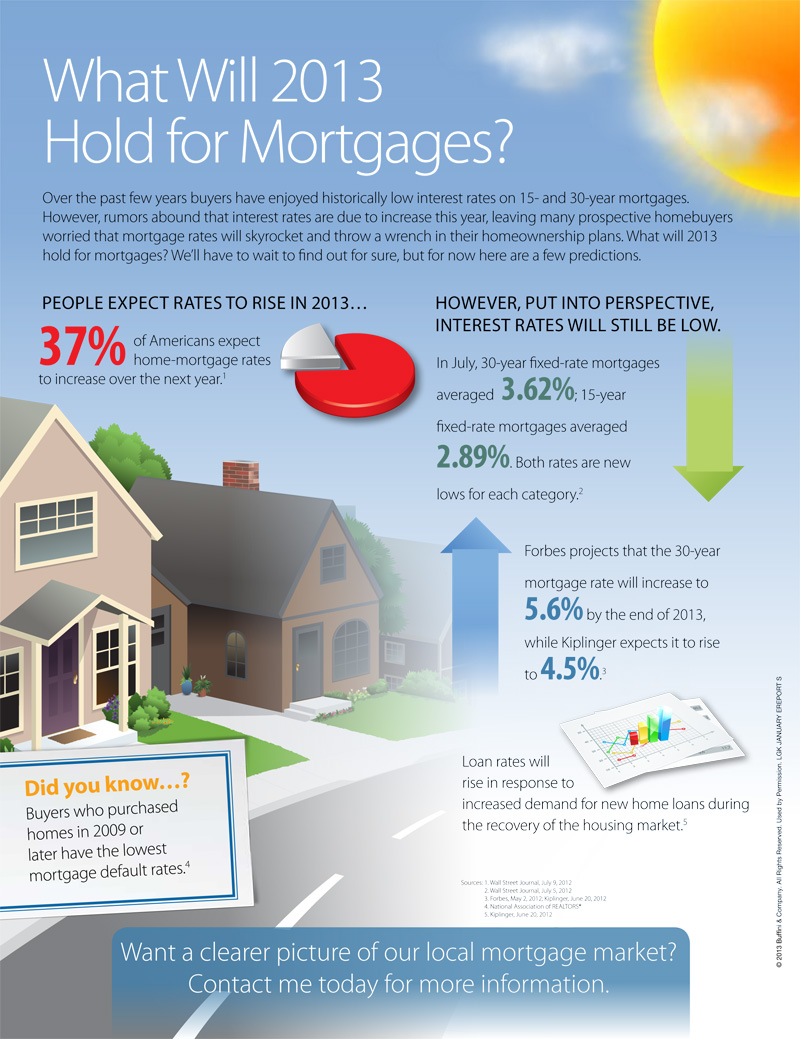Time is Ripe for Investing in Chester County PA Real Estate
If you're thinking about investing in a rental property, experts say low home prices combined with low interest rates make this the best time in years to become a real-estate investor. Couple this with the increase in potential renters  due to foreclosures and the recent shaky economy, and you may well decide to become a first-time investor in Chester County PA real estate.
due to foreclosures and the recent shaky economy, and you may well decide to become a first-time investor in Chester County PA real estate.
It isn’t difficult to get into the real estate investing world. In fact, it’s rather easy. But it does require being smart and dedicated—and avoiding easy-to-make mistakes. These tips for a first time real estate investor should be beneficial in helping you become more knowledgeable and competent in sidestepping common pitfalls.
- Tip 1: Educate yourself: Visit numerous online sites, consult with seasoned investors of Chester County PA real estate, become familiar with terms and jargon, investigate lending procedures, explore possible locations, and analyze your personal financial situation. Carefully researched knowledge will keep unpleasant surprises at bay.
- Tip 2: Formulate a plan: Most experts advise first-timers to limit their initial investments to residential Chester County PA real estate (many recommend concentrating on foreclosures) and to know in advance how much of a “fixer-upper” they want to take on. Predetermining preferred locations (think in terms of schools, insurance rates, job availability, taxes, amenities, etc.) is also essential, as is deciding whether you will manage the property yourself.
- Tip 3: Get your ducks in a row: Speak to potential lenders or even a financial planner about whether you have enough assets to handle the ups and downs that could come with investing. Even if you plan to rent out the property, count on paying the mortgage whenever there's a vacancy. It’s certainly a good idea to get pre-approved for an investment property loan. It’s also useful to line up individuals/companies who can take care of various maintenance needs before you need their services for your Chester County PA investment real estate.
- Tip 4: Be patient, but persevere: As the market recovers, finding the “perfect” property is becoming more difficult, but it is not impossible. Once you figure out where to look, you’ll be able to find them more easily, and you’ll start making money! Be forewarned: there will be numerous high and low points in your stint as an investor, but if you are confident about your plan and are determined to work towards it, odds are you’ll succeed!
.jpg)

 As with most any financial transaction, experts disagree about the advantages and disadvantages of an early payoff. Most, however, will tell you that the decision to pay off your
As with most any financial transaction, experts disagree about the advantages and disadvantages of an early payoff. Most, however, will tell you that the decision to pay off your 
 Realtors routinely urge prospective buyers to get pre-approved for a loan before they even begin
Realtors routinely urge prospective buyers to get pre-approved for a loan before they even begin 



